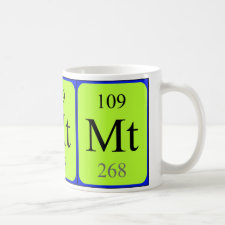
Authors: Piacham T, Isarankura-Na-Ayudhya C, Prachayasittikul V
Article Title: Quercetin-imprinted polymer for anthocyanin extraction from mangosteen pericarp.
Publication date: 2015
Journal: Materials Science and Engineering: C
Volume: 51
Page numbers: 127-131.
DOI: 10.1016/j.msec.2015.02.051
Alternative URL: http://www.sciencedirect.com/science/article/pii/S092849311500171X
Abstract: Molecular imprinting is a facilitative technology for the production of artificial receptors possessing great endurance with high specificity toward target molecules of interest. The polymers are commonly applied for separation or analysis of substances of interest. In this study, we prepared molecularly imprinted polymers for the purpose of binding specifically to quercetin and related compounds. Quercetin was used as the template molecule, 4-vinylpyridine (4-VP) as the functional monomer, ethylene glycol dimethacrylate (EDMA) as the cross-linking monomer, azobisisobutyronitrile (AIBN) as the polymerization initiator and ethanol as the porogenic solvent. Such 4-VP-based imprinted polymer was found to bind the template molecule greater than that of the control polymer with an approximate 2 folds higher binding using 20 mg of polymer in the optimal solvent, ethanol:water (4:1 v/v). Quercetin-imprinted polymer (QIP) was found to bind well against its template; approximately 1 mg/g polymer. In addition, QIP was applied to bind anthocyanin from the crude extract of mangosteen pericarp. The binding capacity of quercetin-MIP toward anthocyanin was approximately 0.875 mg per gram of polymer. This result indicated that quercetin-MIP showed its specific binding to quercetin and related compound particularly anthocyanin. In conclusion, we have demonstrated the successful preparation and utilization of molecularly imprinted polymer for the specific recognition of quercetin as well as structurally related anthocyanins from the mangosteen pericarp with enhanced and robust performance
Template and target information: quercetin, anthocyanin
Author keywords: molecularly imprinted polymer, Anthocyanin, Mangosteen pericarp, quercetin



Join the Society for Molecular Imprinting

New items RSS feed
Sign-up for e-mail updates:
Choose between receiving an occasional newsletter or more frequent e-mail alerts.
Click here to go to the sign-up page.
Is your name elemental or peptidic? Enter your name and find out by clicking either of the buttons below!
Other products you may like:
 MIPdatabase
MIPdatabase









